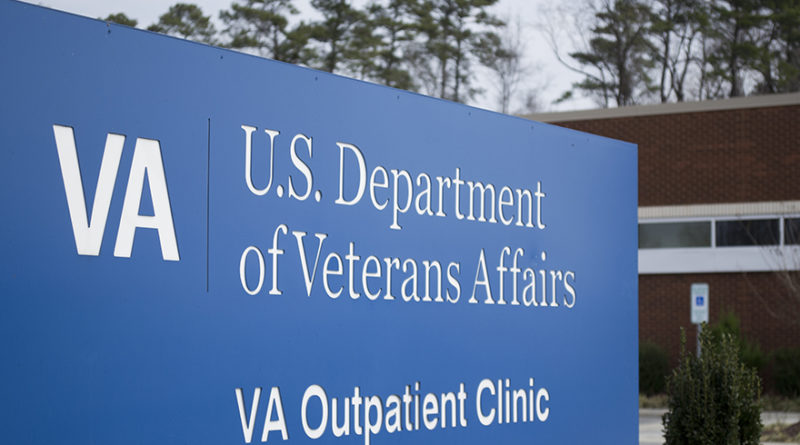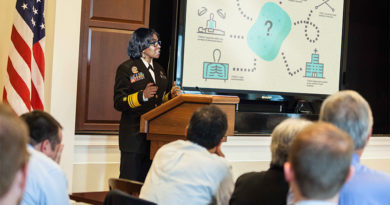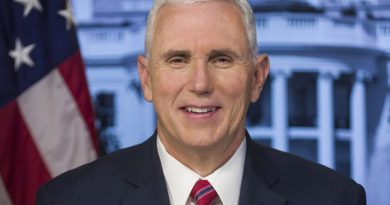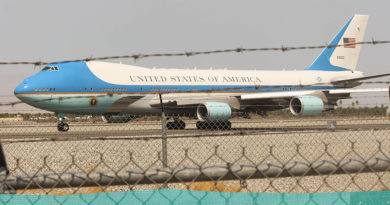Everyday, 21 former U.S. servicemen and women take their own lives in a tragic, final effort to escape the trauma of war.
Their deaths often happen at home, in the shadows—out of sight and out of mind for most Americans. But one Veterans Administration doctor thinks that’s just not right. That’s why she’s come up with a new program to help veterans finally come out of the darkness and commit suicide right at the VA itself.
“There’s a silent epidemic of veteran suicides happening in this country and frankly, the VA has been doing nothing about it,” said Dr. Elizabeth Myers. “We shouldn’t be letting them walk out the door to just go back home and kill themselves. We should be providing them with a safe and comfortable place to end their lives right here at the VA.”
“They fought for this country, we owe them that much,” Myers added.
This desire to provide veterans with the necessary resources to end it all at the VA is what led Myers to create the Way Out program. Way Out is a patient-oriented approach to care that lets veterans choose the method of suicide that’s right for them, whether it’s a quick one right to the temple or slow drift off into an peaceful, sleeping-pill-induced slumber.
The results speak for themselves. In a pilot program conducted at the Brooke Army Medical Center Center in San Antonio, roughly 97 percent of recipients stopped reporting symptoms of PTSD after their first treatment. The other 3 percent got it done the second time.
“In terms of treating PTSD and curbing veteran suicides outside the hospital, this method has been far more successful than traditional forms of therapy,” Myers explained. “As a doctor, you write a prescription for mood stabilizers and you know it’s 50/50 at best. But you hand a soldier a bottle of Johnnie Walker and a Smith & Wesson with a single bullet in the chamber and you know you’re going to see results almost immediately.”
The Way Out program has been a godsend for veterans families who until recently had to live in a world of uncertainty.
“I was always wondering, ‘Is today going to be the day I come home and find him in the garage with the car running?’” said Stacy Tedrow, who’s husband, the late Pfc. Scott Tedrow, was one of the early beneficiaries of the Way Out program. “Now I don’t have to worry. I know the VA took care of him.”
The results are so astounding that the Department of Veterans Affairs is preparing to role out the program nationwide. VA Secretary David Shulkin recently sent a budget request to Congress that includes a $14 billion line item for purchasing handguns, 4-foot lengths of rope, and gas ovens.
“The sooner we can take this program nationwide, the better,” Shulkin said at a recent press conference. “And to any veterans coping with suicidal thoughts, please contact the VA about taking part in this life-ending program.”




